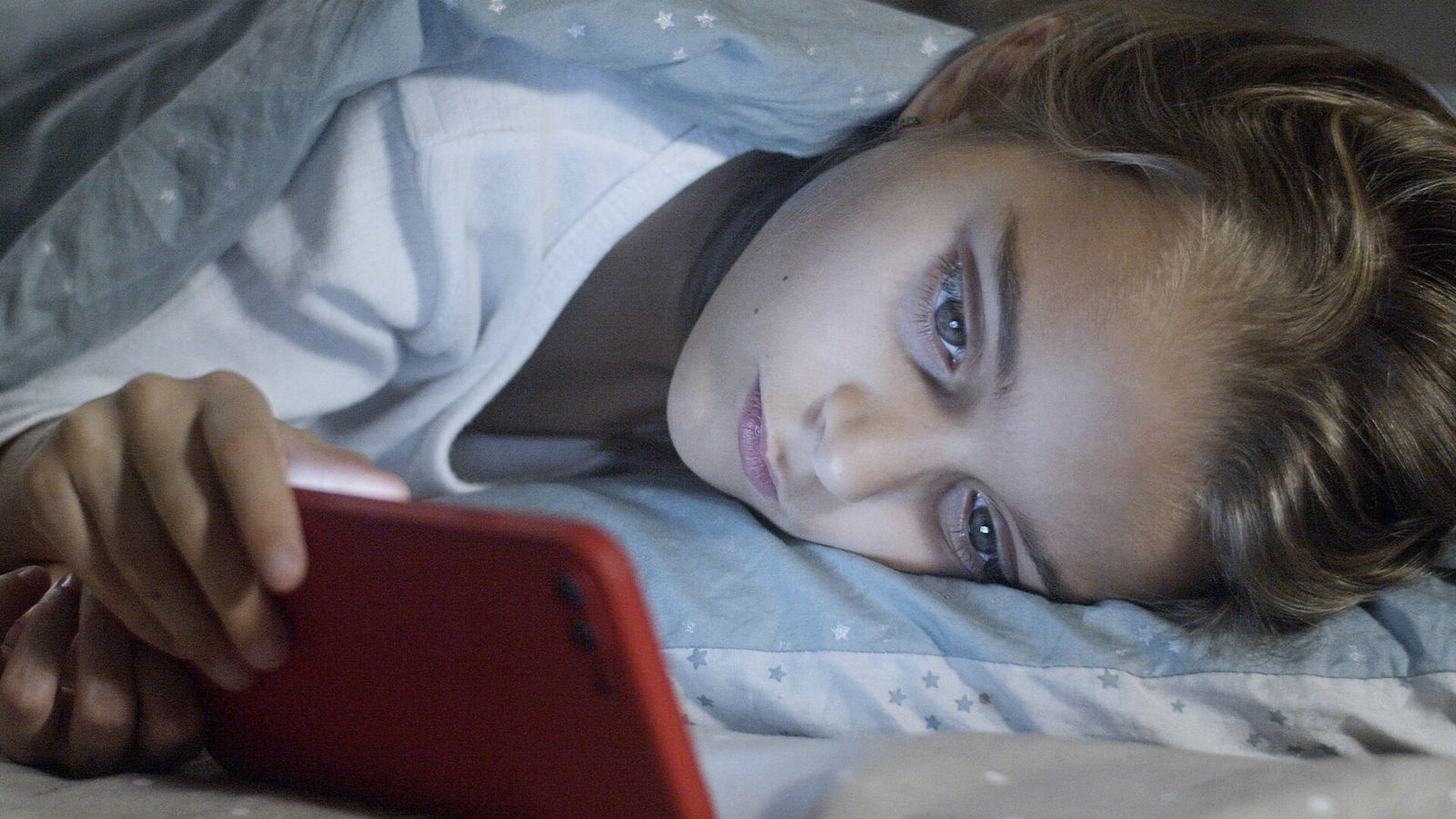
By Gavin Boyle
An eight-year-long study that followed kids from elementary school through high school found that those with higher screen time while growing up ended up more likely to develop anxiety and depression as a teenager.
“Several international, evidence-based recommendations suggest that the leisure screen time of children and adolescents should be limited to two hours per day,” said Eero Haapala, a senior lecturer at the University of Jyväskylä. “Personally, I think that even this figure is high, as it amounts to almost one month of screen time per year.”
The researchers on the study attempted to explain the negative effects of screen time through the activities that they replace. Kids who spend more time on their devices often spend much less time engaging in physical activity, which they believe is the root of the eventual depression and anxiety.
“The modern sedentary lifestyle, with high screen exposure, challenges the mental health of children and adolescents,” said Dr Eero Haapala. “Recent discussions have rightly focused on screen time and social media, but I hope our findings encourage adults in young people’s lives to promote a broad spectrum of healthy habits — especially by balancing screen time and physical activity.”
This study adds to a long list of research that has pointed towards the negative impact of high screen time on kids and young adults. Among other things, the research has found that infants and toddlers, in particular, are especially impacted by high screen time, with it hurting their brain development, speech development and cognitive function.
“Although screen time can have important benefits such as education and increased socialization, parents should be aware of the potential risks, especially to mental health,” said Dr. Jason Nagata, an associate professor of pediatrics at the University of California, San Francisco. “Families can develop a media plan which could include screen-free times before bedtime.”
Some teens are even taking initiative to cut down their screen time after realizing just how much of an impact their devices have on them. Last year, a 14-year-old British teen cut her screen time in half and was amazed at what she was able to do with this newfound free time.
“I wanted to reduce my screen time but I would think, ‘How can I when there is nothing but my phone?’” she asked. “There would be days when I would spend about an hour doing homework but other than that, it was just TikTok…I’ve managed to read four books already this month!”
Rather than allowing our kids to fill their time solely with screens, parents should encourage them to engage with other hobbies and interact with the real world, whether it’s by getting outside or meeting friends face-to-face. At the same time, parents need to set a good example by limiting their own screen time.
Read Next: How to Set Screen Time Limits for You and Your Children



 - Content:
- Content: 

